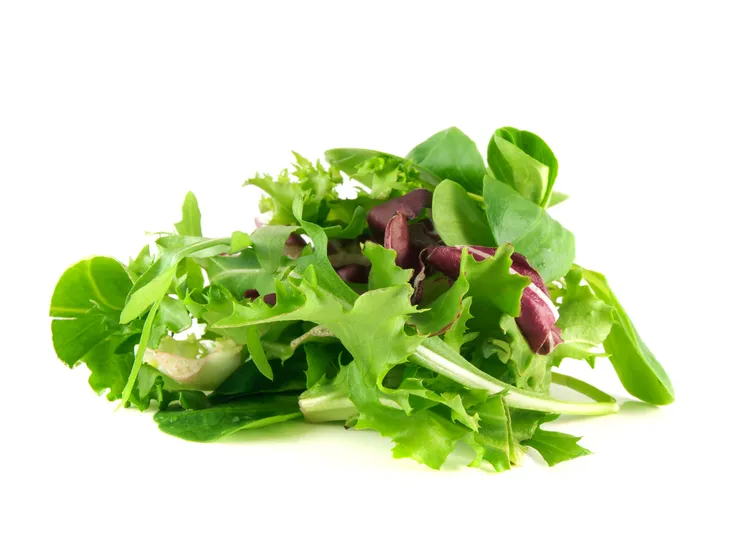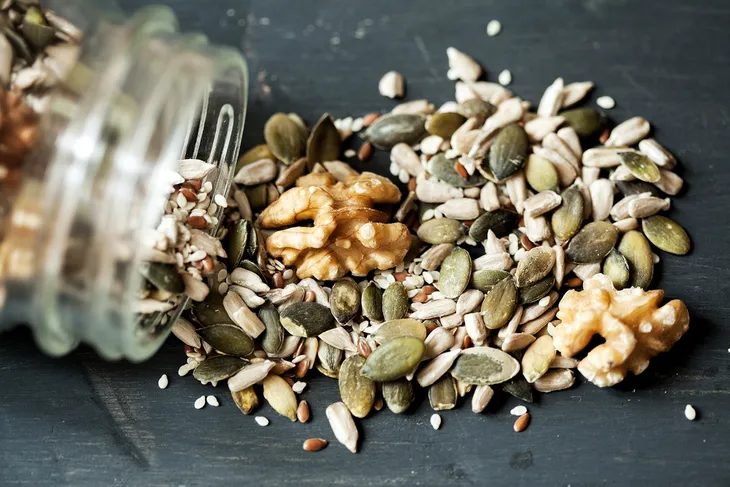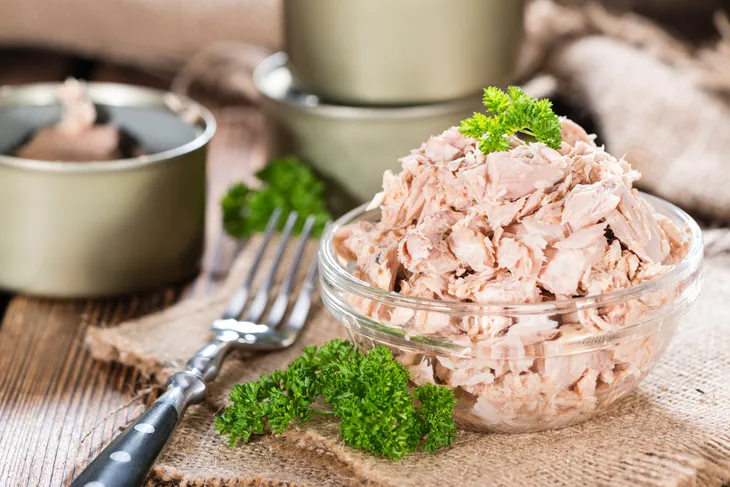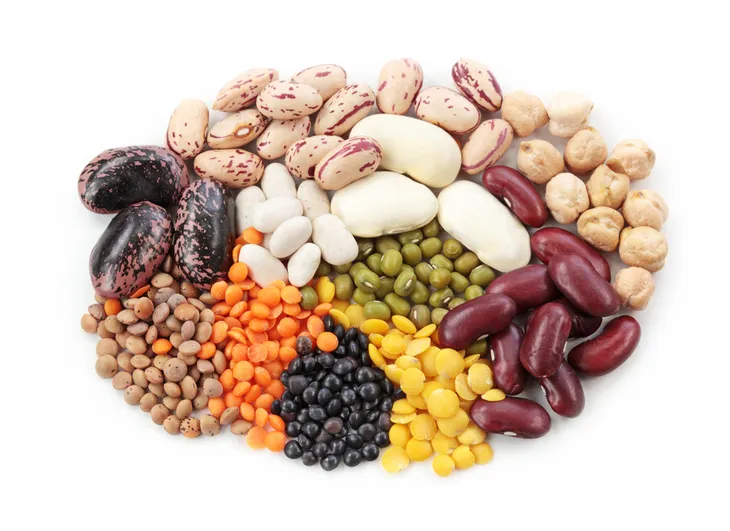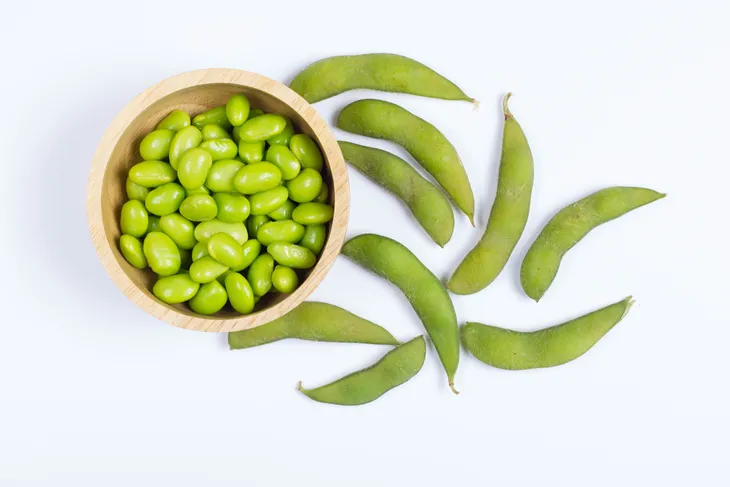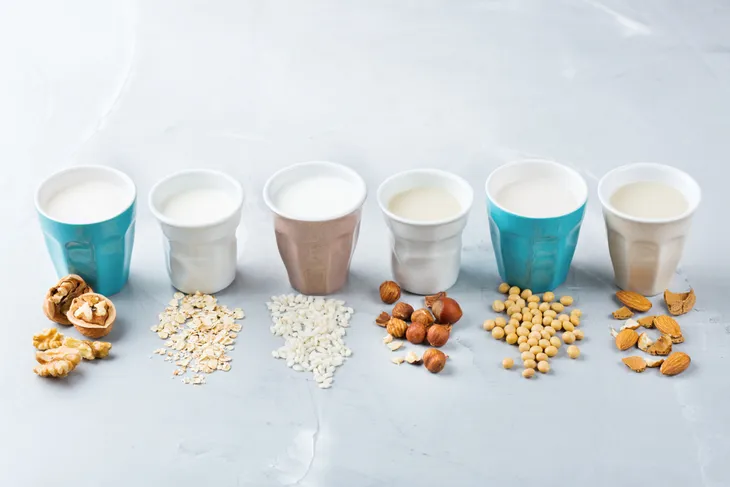It’s well known that calcium is an essential nutrient for developing and preserving bone health. But the mineral is also important for maintaining healthy blood pressure, muscle function and heart rhythm. And, on top of that, it is beneficial for preventing certain cancers and has been said to aid with weight loss.
Dairy products such as milk, cheese and yogurt are the most commonly known sources, but they’re certainly not the only ones. People with lactose intolerance or those wishing to cut back on their dairy intake should consider consuming more of these six calcium-rich foods.
Greens
When it comes to calcium, not all greens are created equal. Kale, for instance, provides 201-milligrams (mg) of calcium per two-cup serving. And the same serving size of bok choy packs 148-mg. Other valuable vegetables include collard greens (268-mg per cup), broccoli (86-mg per two cups, raw) and okra (82 mg per cup).
While spinach, chard and beet greens also offer plenty of calcium, they contain oxalic acid, which interferes with the body’s ability to absorb it. So for maximum calcium intake, it’s best to choose from the greens listed above.
Seeds
Seeds may be small, but they’re jam-packed with essential nutrients—including calcium. Some varieties are especially rich in the mineral, including chia seeds, which contain 177-mg per ounce (approximately 2-tablespoons). Sesame seeds are also a great source, with 88-mg in a single tablespoon, as are poppy seeds (126-mg per tablespoon).
Amaranth, which is similar to quinoa and cooked like a grain, contains 307-mg per one cup, cooked. Teff is another alternative, and contains 123-mg in the same serving size.
Canned Fish
Those who enjoy eating fish will be happy to know that some varieties are excellent sources of calcium. While fresh fillets are generally preferred, when it comes to calcium canned is best. Just one package of bone-in sardines contains an astounding 888-mg!
Canned salmon offers a similar dose, with 882-mg per can. As with sardines, it’s essential to purchase the bone-in variety, as that’s the part of the fish that gives the calcium boost.
Beans
While all beans have a myriad of health benefits, only certain kinds are particularly rich sources of calcium. According to AuthorityNutrition.com, wing beans are the best, with 244-mg in a single cup.
White beans—including Navy, Great Northern, Cannellini, and Baby Lima varieties—are also valuable, with 63-mg per half-cup serving.
Soy Products
Soybeans in all forms are excellent sources of calcium. Edamame, which are soybeans in the pod, offer 98-mg per one-cup serving. And many brands of tofu are available as calcium-set, meaning the coagulant calcium sulphate is used in the production process. Just half a cup of it contains 434-mg!
Soy milk is often fortified with calcium as well; a one-cup serving has 93-mg. Prevention says to search product labels for the ingredient calcium carbonate, as this is the same calcium available from milk.
Fortified Foods
As with tofu and soy milk, many other foods are fortified with calcium to help people meet their required daily intake. Orange juice is among the most common sources, with 346-mg per cup. Some breakfast cereals and oatmeal are also fortified, and can offer up to 1,000-mg per serving. But AuthorityNutrition.com says that the body can’t absorb that amount of calcium at one time, so it’s “best to spread your intake throughout the day.”
Additionally, most plant-based milks—like cashew, coconut and—are fortified with calcium and can offer upwards of 30-percent of the daily requirement. Almonds also make for a great milk option, as they contain a valuable amount of calcium in their raw form. A one-ounce serving, which equates to about 24 nuts, contains 70-mg.

